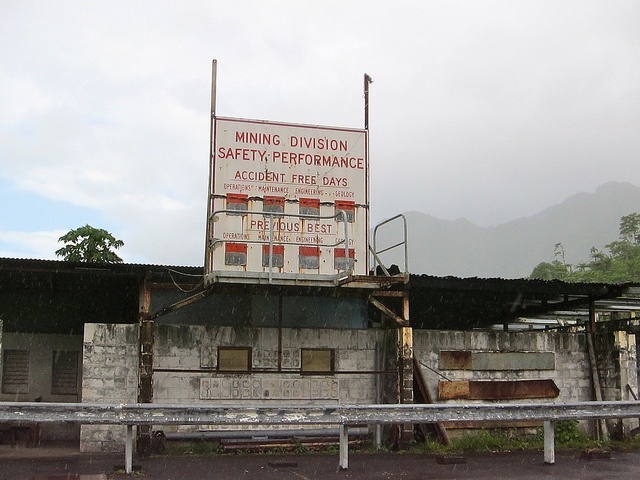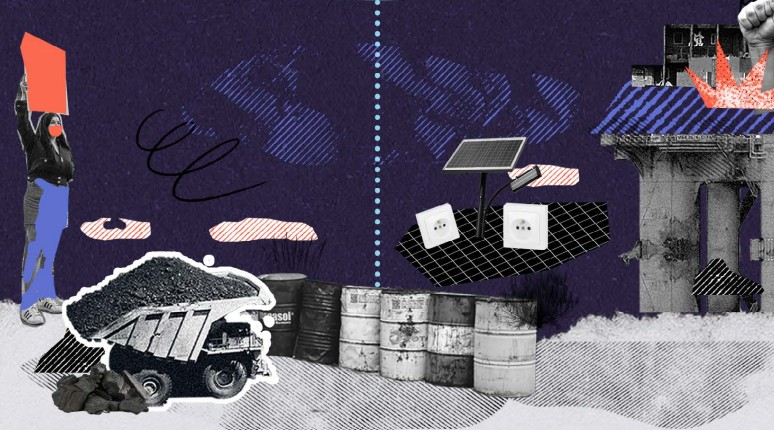An EITI candidate country since 2013, Papua New Guinea launched its first Extractive Industries Transparency Initiative (EITI) Report last month, on 30 March 2016. With large natural resource reserves, Papua New Guinea’s economy has been dominated by extractive activities since the 1970s, in particular the extraction of gold, oil, and copper. This industry now accounts for 72% of export earnings however this growth has not fairly shared and it is estimated that 50 per cent of the population lives on less than one dollar per day. Given how big Papua New Guinea’s extractive industry is, ensuring its transparency and making sure that its revenue benefits the country’s populations is of high priority, which is why the country joined the EITI as a candidate country in 2013.
Being an EITI candidate country hasn’t been without its challenges. The Papua New Guinea Resource Governance Coalition (PNGRGC), a national civil society organisation (CSO), has found that the EITI report does not give a full enough picture of the country’s extractive industries and points out that many records of the deals made between the government and companies are lacking due to the companies not making key documents and agreements available. The CSO has called for greater implementation of the EITI report’s recommendations. Earlier this year, the coalition called for greater transparency regarding information on contracts, licences, production values, environmental and social impact data and data regarding payments made by government and industry to various parties.
The EITI Multi-Stakeholder Group (MSG) has also faced its fair share of issues, with the difficult participation of all stakeholders being an on-going struggle. With fragmentation of the group, lack of participation and of internal capacities, the EITI MSG in Papua New Guinea risks not being able to fully fulfil its role.
In a bid to ensure that Papua New Guinea truly takes advantage of the EITI so that natural resources can benefit its citizens, civil society organisations from the country, supported by PWYP, visited Bantay Kita, PWYP member in the Philippines. During the visit they were able to learn more about The Philippines’ civil society participation in the EITI MSG, how to engage at the sub-national level and how to engage communities to make use of the EITI figures.
To get an insight into these visits, have a look at the two blogs below written by two CSO members from PNG:











